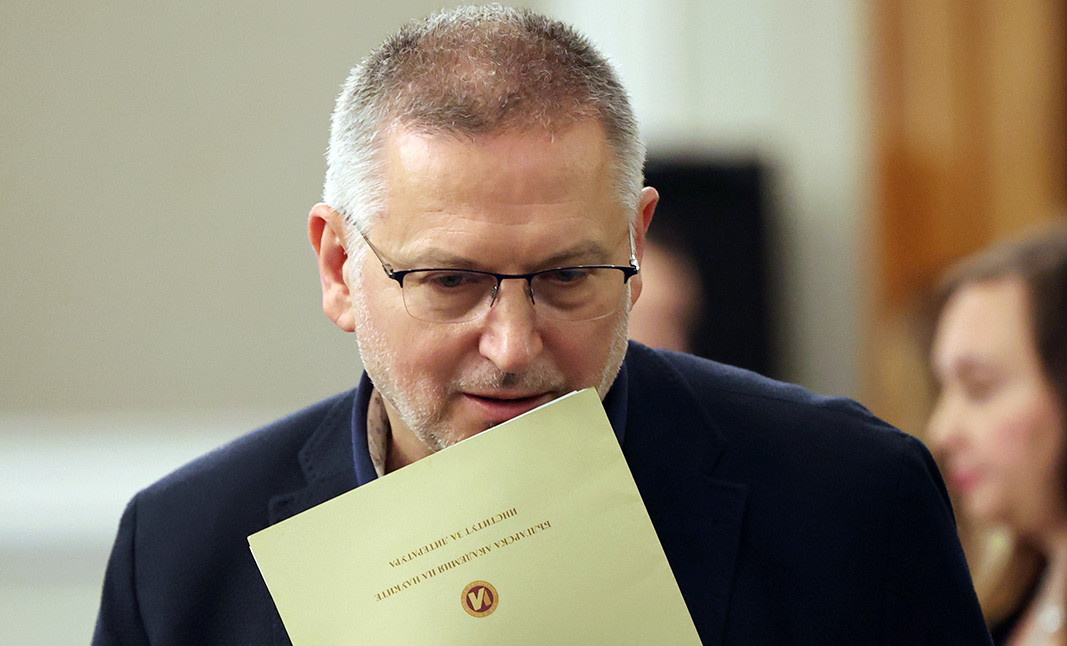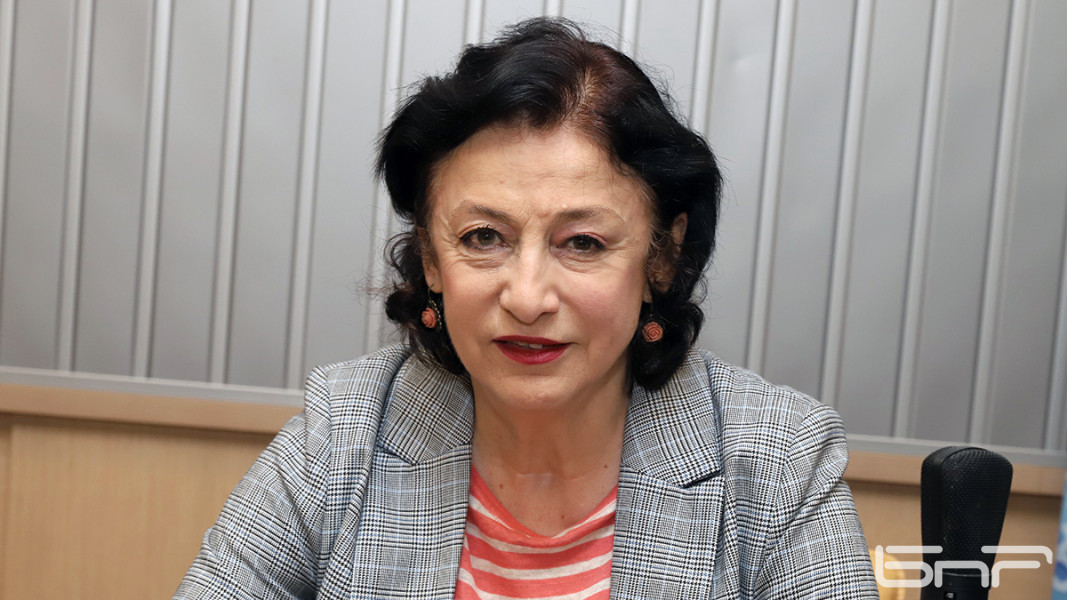“Curiosity is nothing more than vanity. More often than not we only seek knowledge to show it off,” according to Blaise Pascal. This observation, made by the French mathematician and physicist in the 17th century, seems to have sprung back to life with the emergence of social media and their immense impact on our lives today. As with the emergence of other forms of media in the past – cinema, newspapers, radio and television – social media also entered our lives to an explosion of public enthusiasm. Yet, just like radio, used during World War 2 as a propaganda tool, social media has been turning into a vast domain for propaganda.
Pointing a finger at what is propaganda is far from enough as an effective way to combat it. This was made clear during a forum in Sofia dedicated to disinformation in Southeastern Europe. The roots of this evil, propaganda, were sown in the not too distant past of the region, said Georgi Gospodinov, the first Bulgarian writer to have been nominated for the Booker prize:

“In East European societies this happened because, in the course of half a century, we were exposed to crude propaganda even though many of us grew a thick skin and were genuinely revolted by it,” says the author of Time Shelter and goes on to ask the logical question: So, why aren’t we immune to false ideologies today, having been exposed to this propaganda?
“On the one hand, the propaganda of old was easy to identify and was ineffective. On the other – it created a lasting distrust of public speaking, distrust of the positions of the institutions in your own country. The communist propaganda may be gone, but the distrust has remained. When the rhetoric of populism appeared and language turned around, we were unprepared and confused. The power of taste which we supposed we had acquired as a way to resist communism crumbled abruptly as we faced a more enticing kind of narrative – that the Earth is flat, that the human race is going to disappear after an apocalypse that is right around the corner etc.”

The warning signs that this kind of narrative, far from ridiculous can actually be dangerous, were not late in coming. One of them was the Covid-19 pandemic when we came to the realization that blurring the truth can actually have lethal consequences, that it can kill. In February last year Russia started the war in Ukraine, but its origins were laid down in the propaganda field years before that. Unfortunately, it looks like that is how it is going to continue even after the weapons fall silent, as, in the words of Georgi Gospodinov: “Propaganda wars always last longer than actual wars, and in them no truces can be signed, or armies disbanded.”
In a society divided, in which the social media are a mirror, the different points of view which form the foundation of the analysis of any event, are in constant conflict and in a process of constant denial. The pandemic and the war in Ukraine have once again demonstrated that, and whereas the former is currently under control, the outcome of the latter is still shrouded in fog, fueled by a mixture of reality and fiction which the media has been serving the public. But Russia’s war in Ukraine will come to an end at some point. Journalist and international analyst Zornitsa Ilieva:

“I believe there will be a new Yalta conference, the moment when the US, Russia and China will start the ball rolling with a series of meetings to look for some kind of way out, though I am not saying this is going to happen tomorrow.”
Translated from the Bulgarian and posted by Milena Daynova
Photos: BTA, Ani Petrova, Pixabay
152 years after Bulgaria lost its beloved son and advocate for a free, independent and tolerant state – Vasil Levski, his personality continues to excite and inspire Bulgarians from all generations. Scholars continue to study the work of the Apostle..
152 years after the death of the Apostle of Freedom, the personality of Vasil Levski continues to excite Bulgarians, regardless of whether they are in the country or abroad. The Embassy of Bulgaria in Athens, Greece , has extended an invitation to the..
Easter 2020 went down in history with two things. The first was the state of emergency, introduced due to the Covid-19 pandemic that imposed a number of restrictions on us, the consequences of which we are still recovering from. The..
Easter 2020 went down in history with two things. The first was the state of emergency, introduced due to the Covid-19 pandemic that..
152 years after Bulgaria lost its beloved son and advocate for a free, independent and tolerant state – Vasil Levski, his personality continues to excite..
152 years after the death of the Apostle of Freedom, the personality of Vasil Levski continues to excite Bulgarians, regardless of whether they are in the..

+359 2 9336 661
